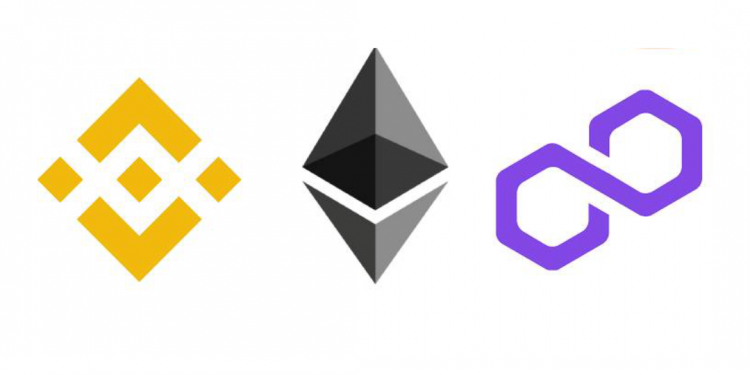In a turn of events, the hacker who stole US$600 million worth of cryptocurrency this week has returned $260 million to Poly Network, the platform it was stolen from.
On Tuesday, Poly Network posted on Twitter, announcing the attack on its platform. It urged the hacker to get in touch with the company to negotiate.
“Important Notice: We are sorry to announce that #PolyNetwork was attacked on @BinanceChain @ethereum and @0xPolygon Assets had been transferred to hacker’s following addresses:
ETH:0xC8a65Fadf0e0dDAf421F28FEAb69Bf6E2E589963
BSC:0x0D6e286A7cfD25E0c01fEe9756765D8033B32C71
— Poly Network (@PolyNetwork2) August 10, 2021”
On Wednesday, Poly Network tweeted that $260 million worth of digital assets had been returned, including $3.3 million worth of Ethereum, $256 million worth of Binance Smart Chain (BSC) and $1 million worth of Polygon.
The hacker published a blog post claiming to have always planned to return the tokens, noting that the crypto heist was done to show the weaknesses in Poly Network’s software.
“I know it hurts when people are attacked, but shouldn’t they learn something from those hacks?” the hacker wrote.
The hacker claimed to be searching for a weakness to exploit and once it was found, decided to take millions of dollars from Poly Network before they could fix the security lapse without telling their clients.
The hacker has not yet been identified, though cryptocurrency security firm SlowMist said on its Medium page that it has identified the attacker’s mailbox, internet protocol address, and device fingerprints.
The Poly Network runs on Binance Smart Chain, Ethereum and Polygon blockchains. Its smart contract allows users to transfer large amounts of tokens efficiently. The smart contract contains instructions on when to release the assets to the counterparties.
In an explainer, Reuters said the hackers override the contract instructions for each of the three blockchains and moved the funds to separate addresses.
The $600 million cryptocurrency heist, the largest so far in crypto history, simply displays the dangers of unregulated financial transactions.
Decentralised financial platforms allow users to carry out these transactions directly without oversight from banks.
Though the services allow people and businesses direct access to financial services, technical flaws and weaknesses in their computer code make the cryptocurrency market susceptible to attacks from hackers.






